Director/Writer Cameron Crowe Publishes His Memoir, ‘The Uncool’—Review
by Brad Auerbach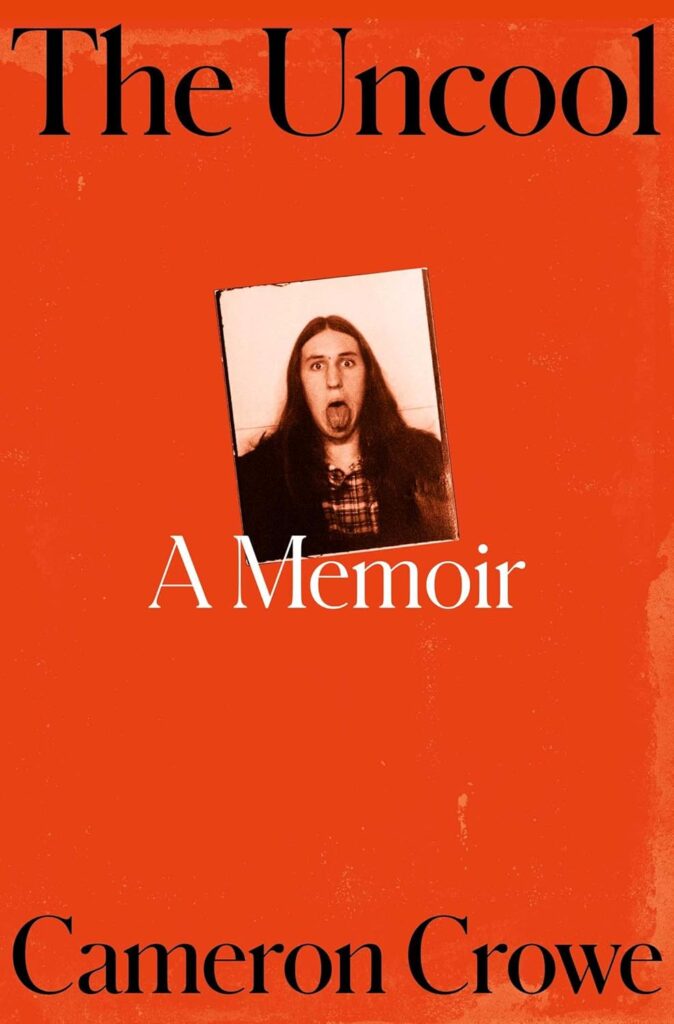 It’s a little bit like the story of starting with a paper clip, repeatedly trading and ending up with a house.
It’s a little bit like the story of starting with a paper clip, repeatedly trading and ending up with a house.
Here, in his memoir The Uncool, Cameron Crowe provides a self-deprecating, improbable and fully enjoyable story about how he began as a teenager with a few random record reviews in a free San Diego newspaper and became not only a star writer for Rolling Stone, but an Academy Award-winning writer and film director.
Crowe was Rolling Stone’s youngest contributor, starting as a 15-year-old high school graduate. He would go on for the next half dozen years to craft some of the most insightful stories ever published about the Mt. Rushmore of rock: Dylan, Bowie, Elton, Joni, Eagles, Neil Young, Led Zeppelin, Fleetwood Mac and The Who. The story of chasing Gregg Allman for Crowe’s first Rolling Stone cover story is excellent, then topped by the improbability of the magazine running a cover story on Led Zeppelin, a band that Rolling Stone had famously hated for years. Accompanying him on many of these excursions was Neal Preston, who became one of rock music’s premier photographers.
[The Uncool: A Memoir arrives October 28, 2025, via Simon & Schuster’s Avid Reader Press imprint. It’s available for pre-order in the U.S. here, in Canada here and in the U.K. here.]
Not surprisingly, Crowe’s writing style is fluid, easily drawing the reader into the wonder and flow of him moving easily among his subjects.
Watch Crowe accept the Best Screenplay Oscar for Almost Famous
Any rock fan will be fascinated and jealous as Crowe continues to trade upward, receiving unending free records, countless concerts and spending 18 months (at age 18!) with an ever-thinning David Bowie in Los Angeles. Crowe would often switch on his ubiquitous cassette recorder, capturing unreleased tracks in the studio that will undoubtedly remain under lock and key for years.
But when the musicians knew the recorder was on, Crowe had an uncanny way of uncorking insights that had escaped other journalists.
Crowe once captured David Bowie in the mid-’70s predicting how his own death might occur. “I’m generally happy,” Bowie told the writer. “Sort of intolerably happy. I’d like to die that way. Let me die a young man’s death. Not an old, in-between-the-sheets kind of death. I’ve now decided that I consider my death precious. If I’m gonna do something with my life, it must be because I’d like my death to be as interesting as my life has been and will be.”
Whether asking Robert Plant why he often leaned into hippie-dippy lyrics or inquiring about Bowie’s love of Philadelphia soul, Crowe’s published work often resulted in accelerated magazine sales when his articles appeared.
Having befriended the Eagles at their very earliest stages, Crowe was invited to live with Don Henley and Glenn Frey while the songwriters put together One of These Nights, the precursor to the massively successful Hotel California. Crowe captured the duo’s creative alchemy, turning words into gold. Crowe recounts myriad behind-the-velvet-rope stories about Bob Marley, Joni Mitchell and Fleetwood Mac.
But most of the wonder in the book is about Crowe’s early years, when the paper clip was traded for a pencil and then for a yellow legal tablet.
Of course, many of these stories found their way into the mostly autobiographical film Almost Famous, which seems to improve with age. Given the scope and influence of the film, relatively little about Almost Famous is in The Uncool. That is likely because there is a large coffeetable book already available about the film’s production.
Related: Cameron Crowe and others discuss Almost Famous on its 20th anniversary
But before that film came Fast Times at Ridgemont High, for which Crowe wrote the script. The film received pushback from the studio and elsewhere right up until the Monday after the film opened to an unexpectedly huge audience. Crowe describes being on set, perplexed and amazed at a young actor named Sean Penn, who insisted up until the last day of filming being referred to only as his character Spicoli. At that point he gave Crowe and a couple other folks each a souvenir checkerboard Vans shoe and finally had the nerve to ask a fellow cast member (and Bruce Springsteen’s sister Pamela) out on a date. Everyone later realized Penn’s footwear choice saved Van’s and eventually provided enough corporate income for the company to establish the Checkerboard Fund, helping to finance nonprofit organizations that promote inclusion.
Related: Watch classic scenes from Fast TImes at Ridgemont High
Toward the end of the book, Crowe bounces back and forth in time. He details the excellent 2015 story of seeing Gregg Allman perform in Del Mar and being in the same room after a 40-year separation. Crowe thanks Allman for Almost Famous. Of the very little time Crowe spends on the backstory of the film, he stops briefly to describe his mom’s reaction when he wins the Best Screenplay Academy Award: It’s not too late to go to law school.” He also mentions the heady moment when Steven Spielberg reacts to the script by saying, “Shoot every word.” But he brings his story full circle discussing the opening of Almost Famous: The Musical at the Old Globe Theater in San Diego, just about across the street from where he grew up. It was there that Crowe’s relationship with his family unfolded. Throughout his recounting of walking with the giants of rock music, Crowe weaves a touching story about his family.
In The Uncool, Crowe does a wonderful job of describing the enigmatic simultaneous feeling of being happy and sad at the same time, perhaps the hallmark of his best work.
Crowe will embark on a book tour on Nov. 1. See the dates and locations here. (Tickets are available here.)
He is currently at work on a film based on the life and music of Joni Mitchell. [More here.]
Watch Cameron Crowe and David Crosby being interviewed together—Crowe produced Crosby’s documentary, Remember My Name

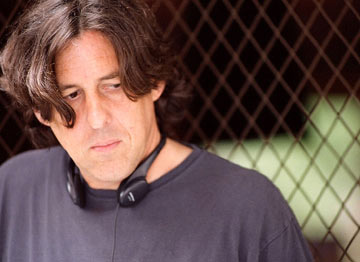
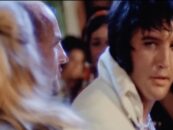
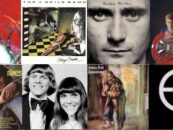
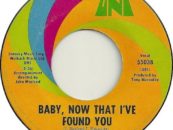
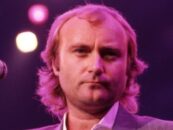

No Comments so far
Jump into a conversationNo Comments Yet!
You can be the one to start a conversation.